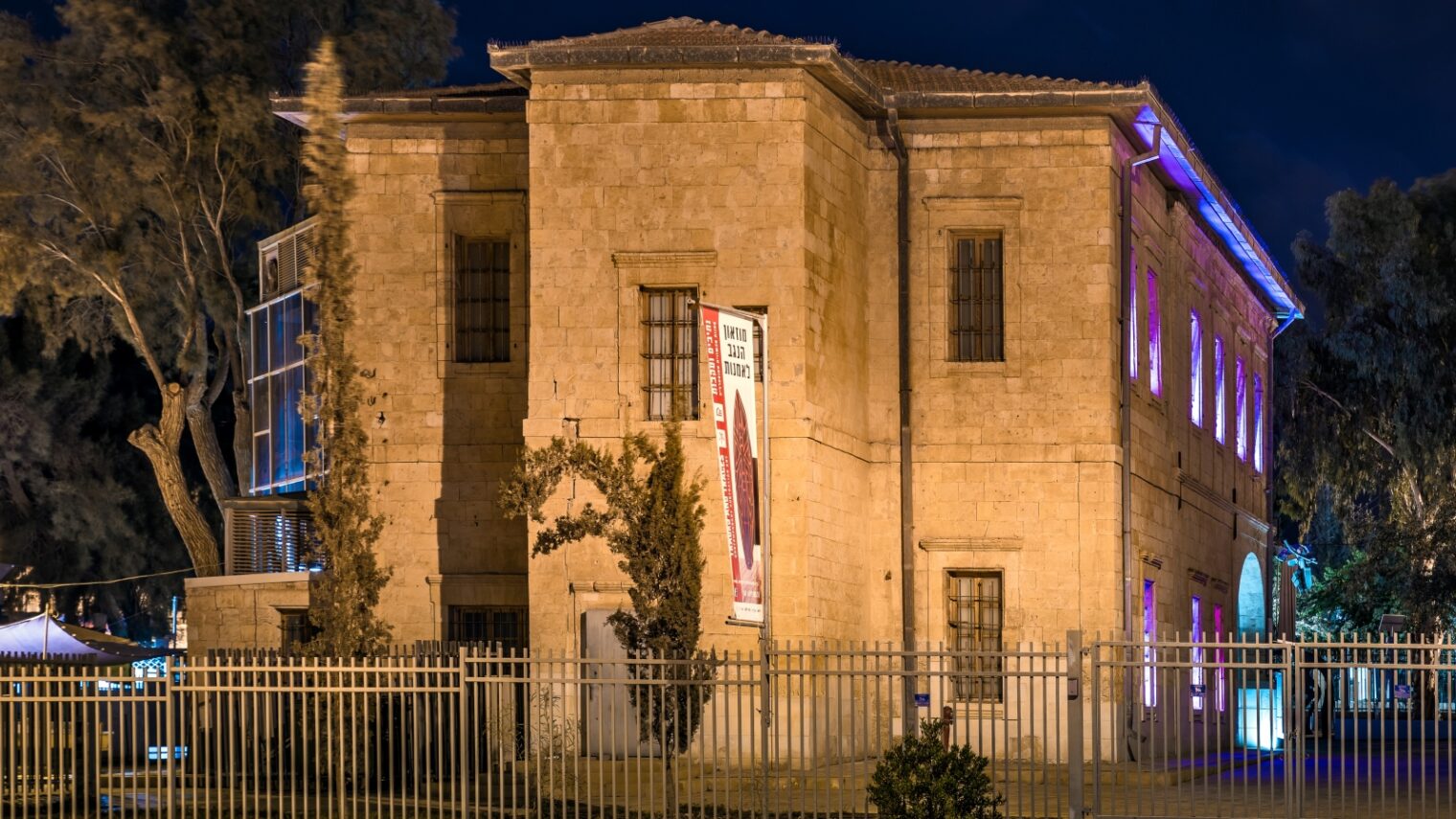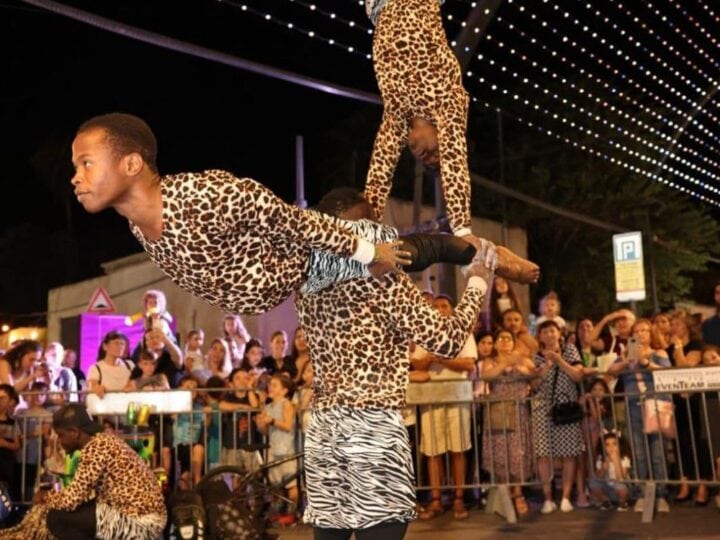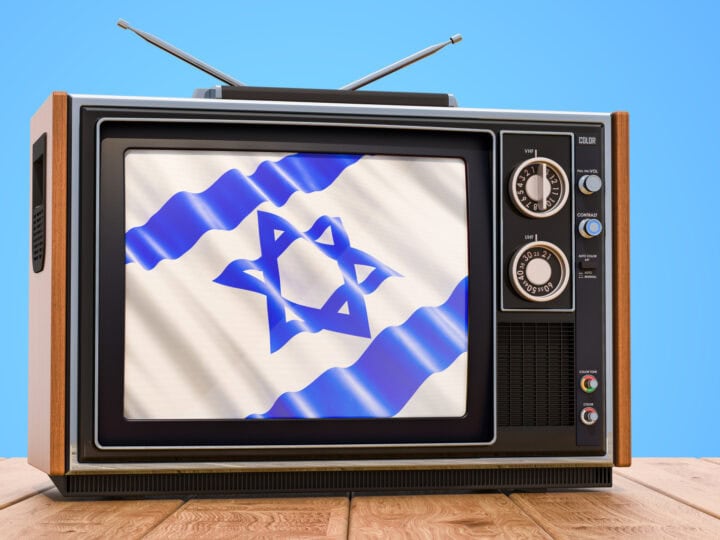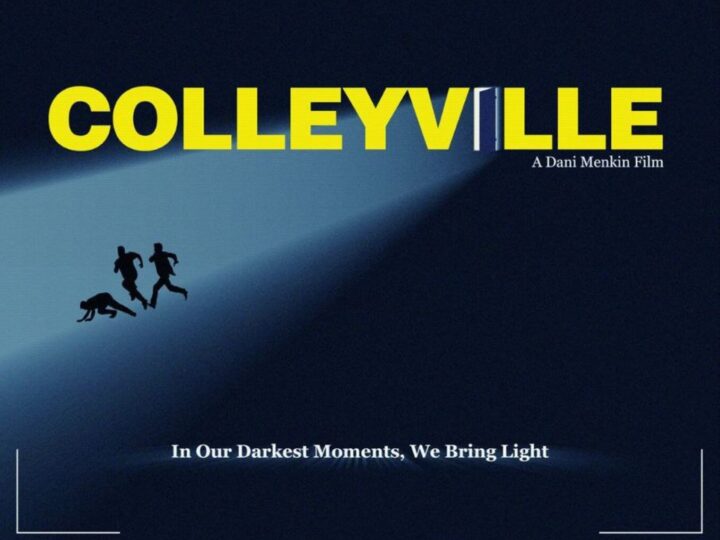When Gabe Axler and Ravit Greenberg moved to Israel from Chicago seven years ago, they banded together with other young couples to create an intentional community in the heart of Beersheva, the multiethnic unofficial capital of the Negev.
The 112-year-old city with 6,000-year-old biblical roots is not a common American immigrant destination. Nor is it a very common tourist destination. Newcomers like the Axler-Greenbergs and Beersheva natives like Mayor Ruvik Danilovich have been working hard to beef up the appeal of Beersheva on both counts.
ISRAEL21c recently toured the city with Axler, director of social tourism for Eretz Ir, a partner organization of Jewish National Fund-USA promoting community resilience, social entrepreneurship and employment initiatives in urban “periphery” cities like Beersheva (population 215,000 plus 30,000 students at Ben-Gurion University).
We pinpointed seven great reasons for tourists to spend time in Beersheva.
Why seven? Because be’er sheva is Hebrew for “Well of the Oath” or “Well of Seven” (see Genesis 21 for the full story).
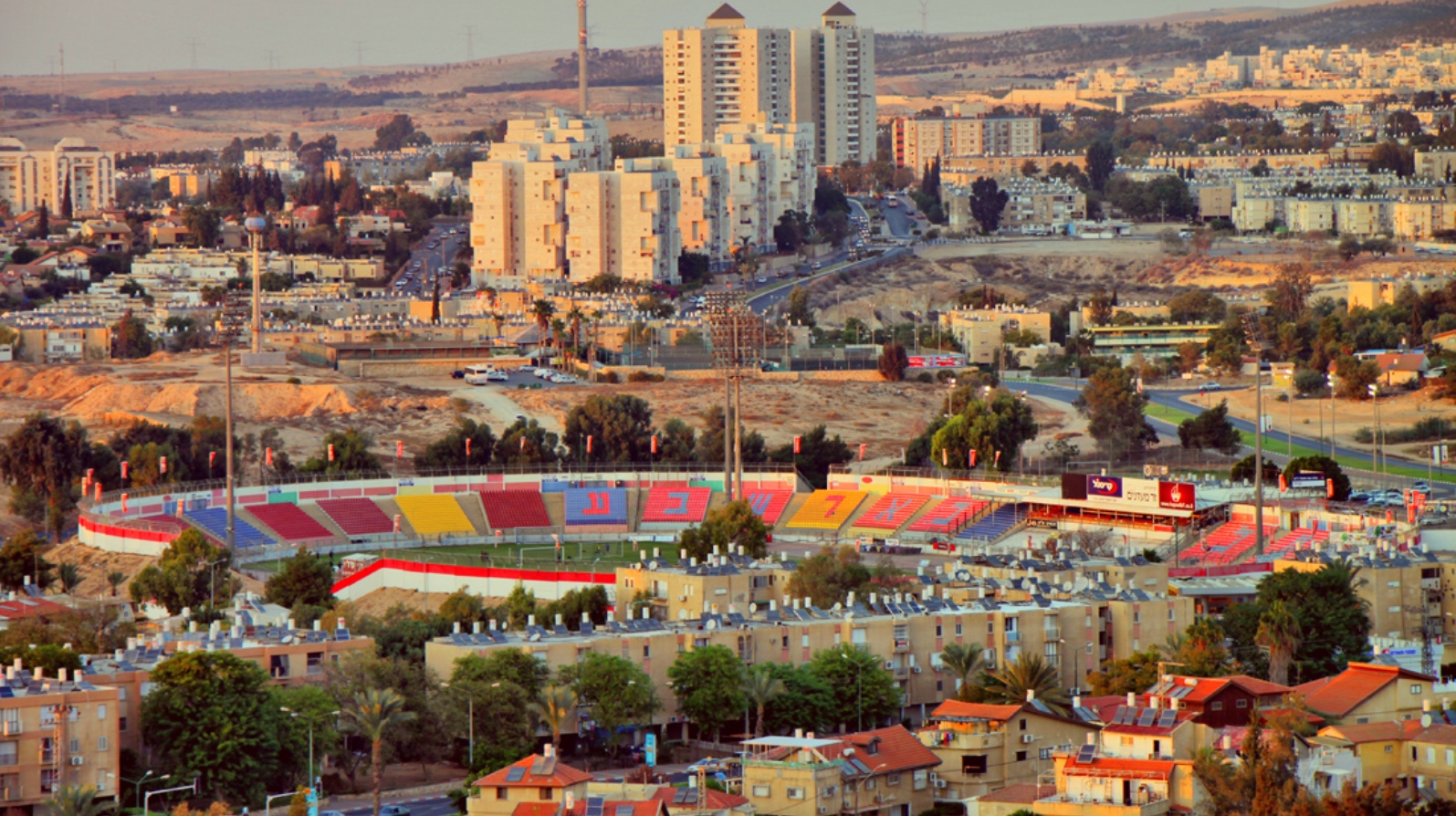
The city’s nickname is “B7” and residents have adopted the number in naming local enterprises such as the Tech7 innovation and entrepreneurship community.
“You can really feel something is happening here,” says Axler. “You see new buildings, new restaurants, and lots of exciting cultural developments.”
Look for more tourism information in English on the municipality website.
- Music, dance and theater

Recommended cultural hotspots for English-speaking visitors to Beersheva include the Bat-Dor Municipal Dance Center’s Kamea Dance Company; the Israel Sinfonietta chamber orchestra; the Fringe Theater; and the Light Opera Group of the Negev.
Kamea performs on its home stage and across the country and the world. Natives of England, Canada, France and Argentina are among its 14 members. However, says Executive Director Merav Zimand, “Our dancers are required to live in Beersheva or its suburbs because we want to be totally part of this city.”
Dancer Peter Starr from Vancouver says that in the five years he’s lived here, “Beersheva has really changed for the better. There are new clubs and places to visit, and the LGBT scene is really growing.”
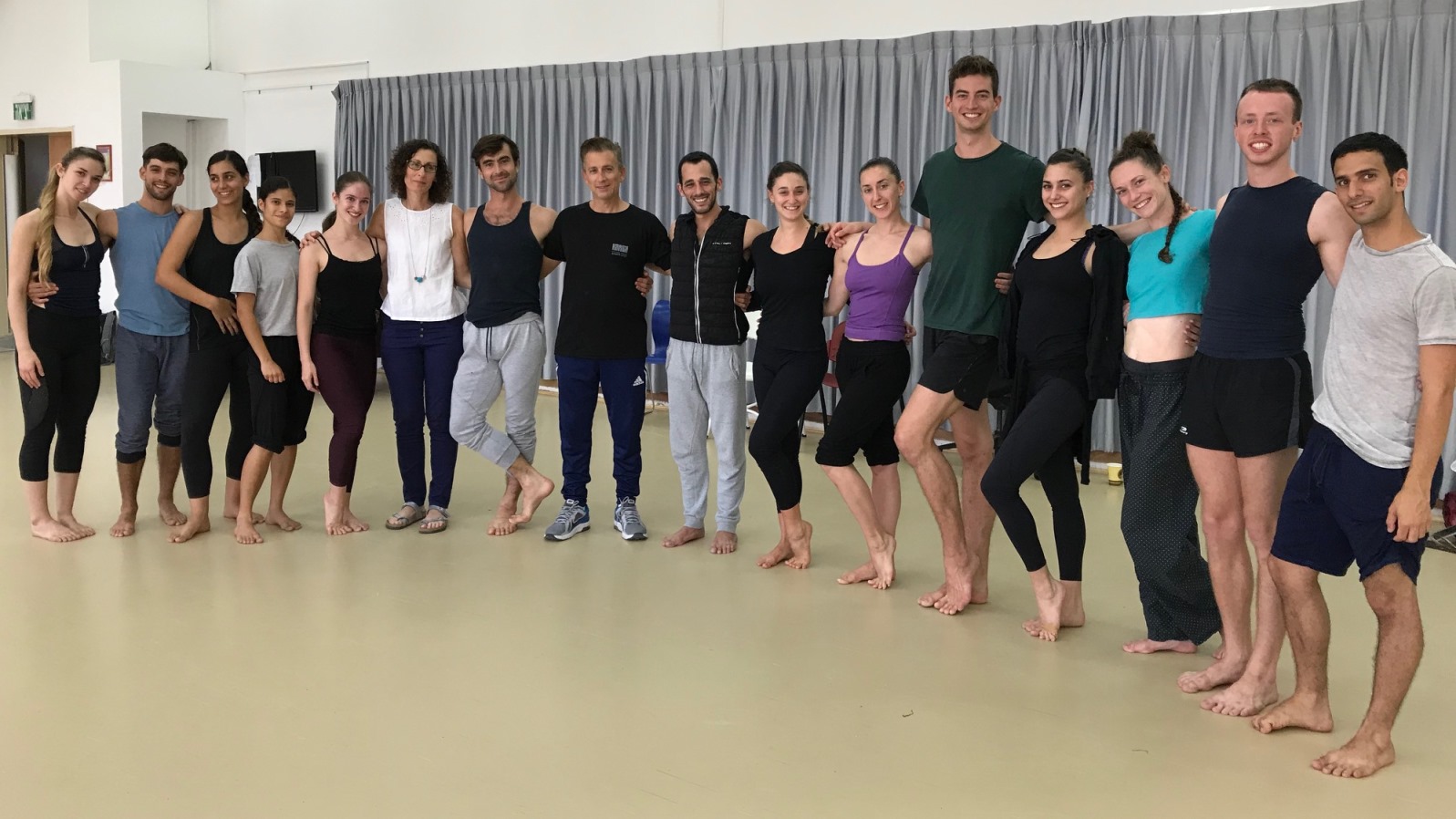
Tom David, 25, moved south from the Galilee three years ago. “At the beginning I wasn’t sure about coming to Beersheva but it’s a big city with a lot of culture, fairs and festivals. There are plenty of places for young people to hang out.”
International Relations Director Sonia Liebmann, who gives tours of the dance center in English, recently arranged a bat mitzvah experience at the Bat-Dor school for a girl from the United States.
“Beersheva is flourishing in every respect possible. The cultural scene is amazing,” says the dance company’s prize-winning founder, artistic director and resident choreographer Tamir Ginz.
- The Old City
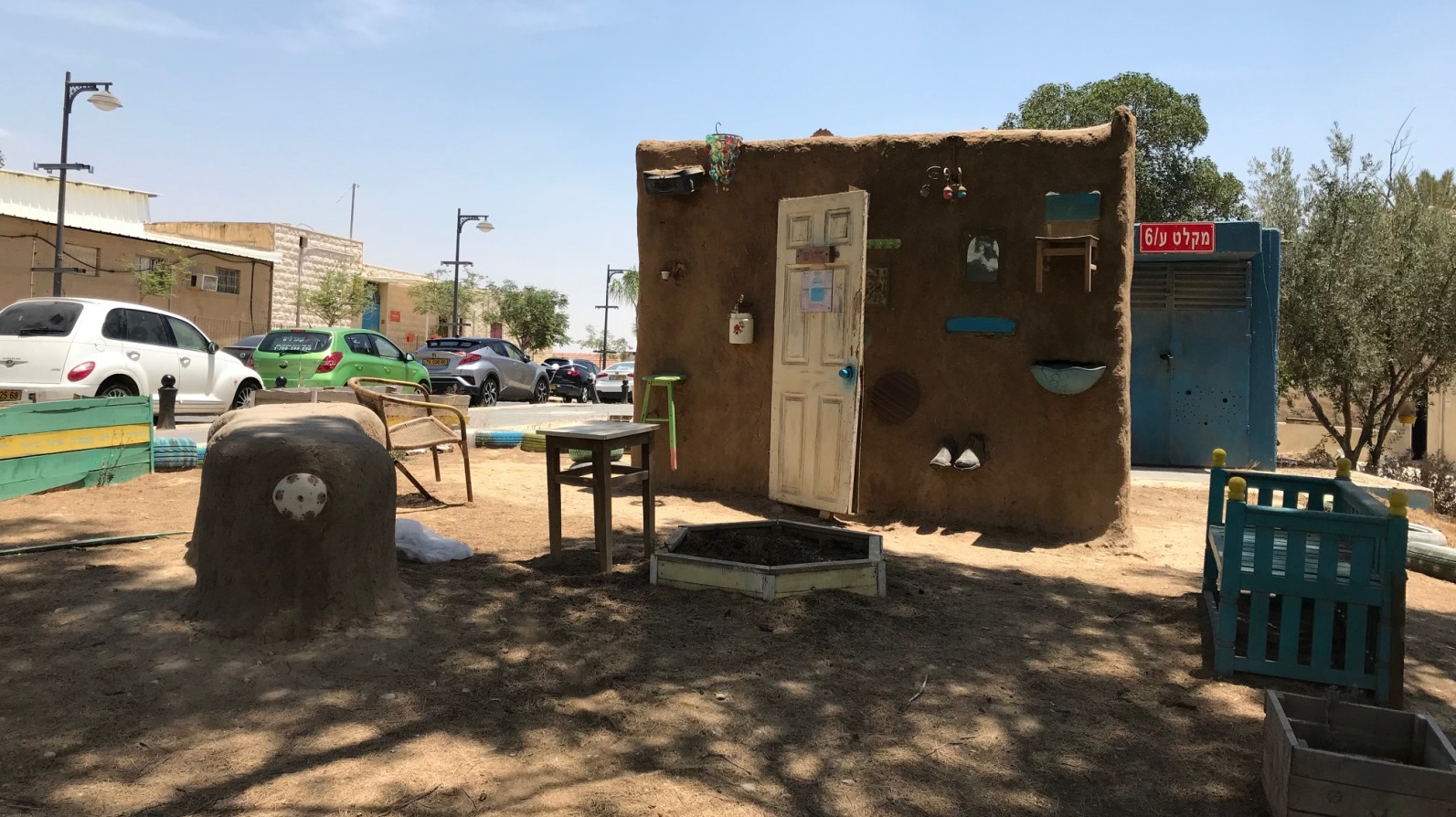
The Old City is well into the throes of a transformation into a hub of tourism, culture, recreation and youth.
Touches of contemporary Israel enliven the Ottoman structures that define this part of town: trendy bars, coffee shops, art galleries, chic boutique hotels and spas, freestanding artistic installations; museums; and the home of the Fringe Theater.
Outdoor fairs and festivals take place here in the cool night air, including the International Fringe Festival each July.
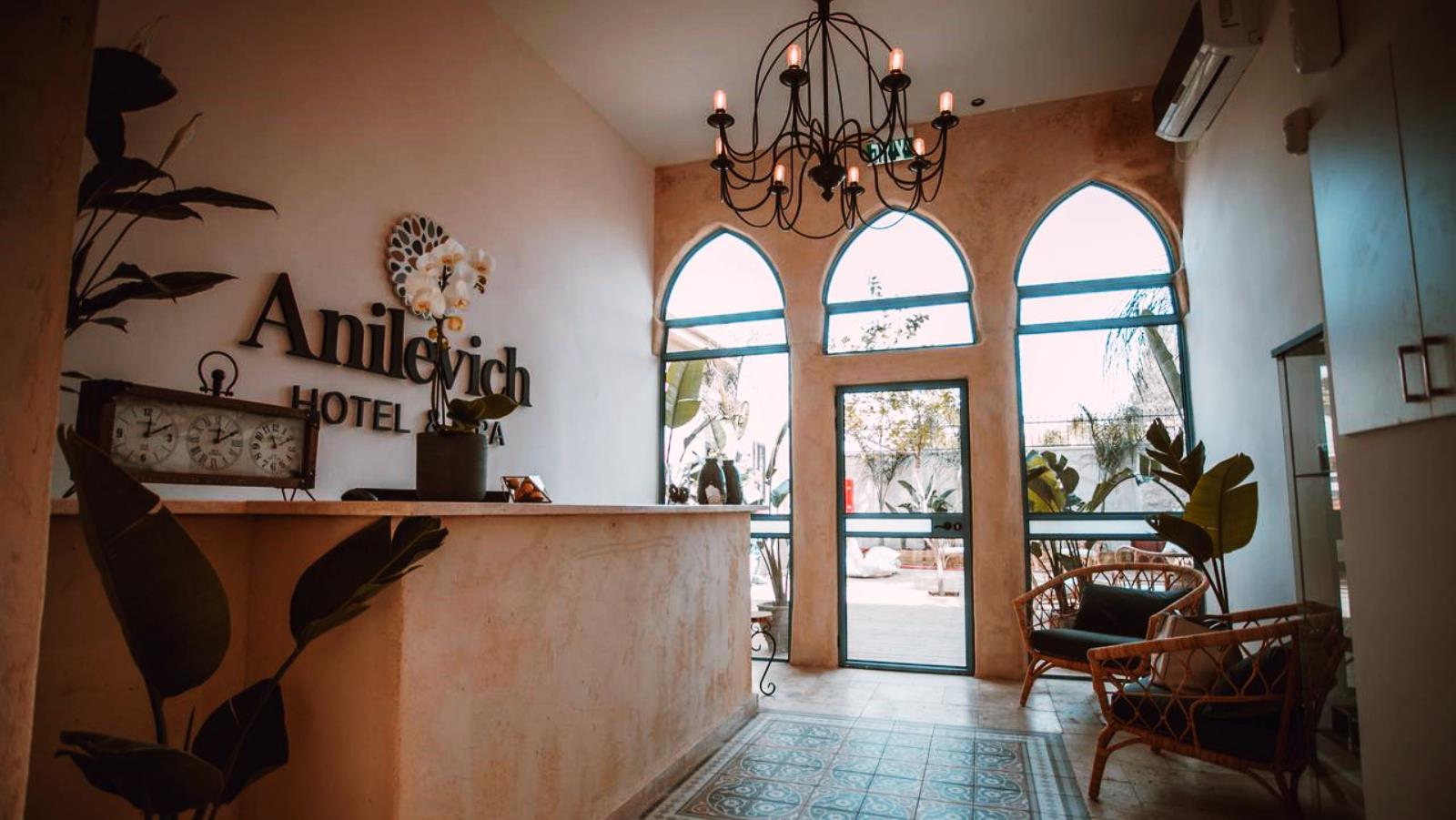
Among the growing number of galleries in the Old City are the Center for the Arts and the Negev Artists’ House run by the Negev Creative Artists’ Association in a restored 19th century building to display and sell works by Negev residents. Concerts and other cultural events are held in the garden.
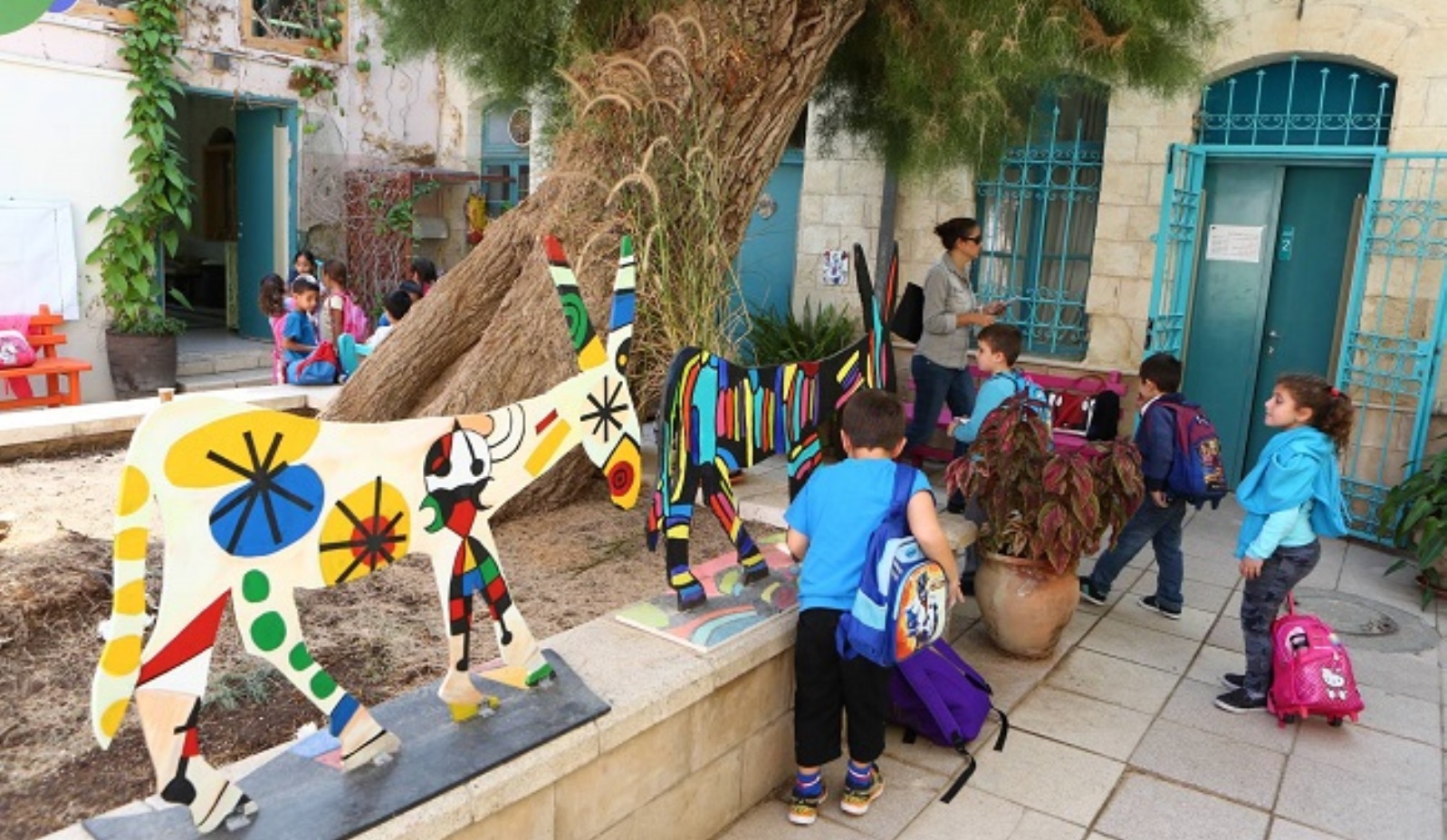
- Museums
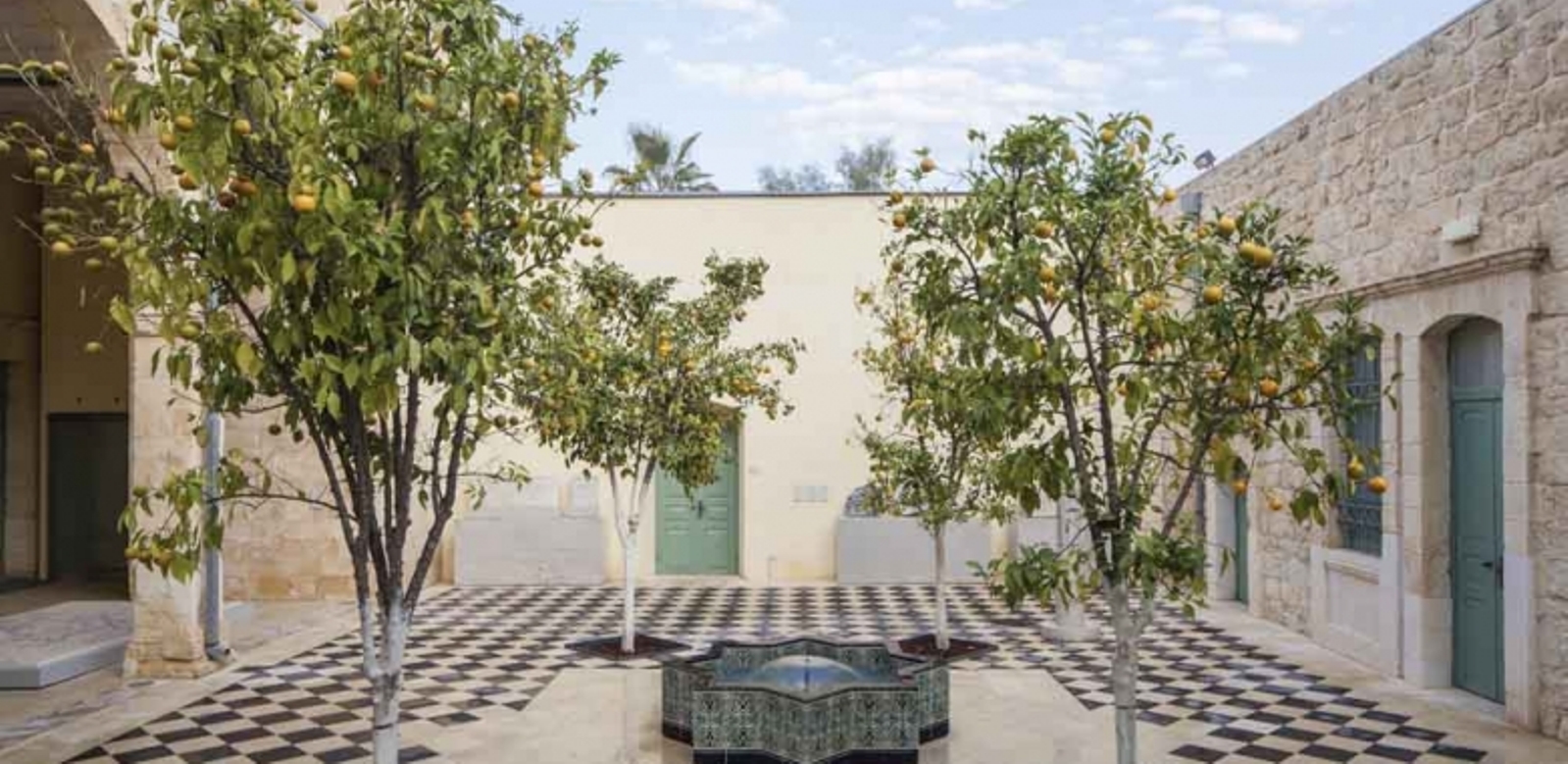
Many of the museums in Beersheva are located within easy walking distance of one another, forming a sort of Museum Trail. Here are some highlights:
The Negev Museum of Art is housed in the former Turkish governor’s house in the Old City, built in 1906 and later used as Beersheva’s first city hall. The edifice encompasses three galleries with rotating exhibitions and offers concerts in the courtyard.
The ANZAC Museum and Memorial Center opened in October 2017 to mark the centennial of the conquest of Beersheva from the Ottomans by the ANZAC (Australian and New Zealand Army Corps) Light Horse Brigade of the British army on October 31, 1917.
At the Taubel Center for the Preservation of Ethiopian-Jewish Handicrafts you can see and purchase clay sculptures, wicker baskets, platters and bowls.
The Museum of Islamic and Near Eastern Cultures is part of a complex including the Ottoman-era Great Mosque of Beersheva in the Old City. Displays range from archaeological findings to intercultural encounters between traditional Islamic culture, external traditions and contemporary arts.
- Old Turkish Railway Station
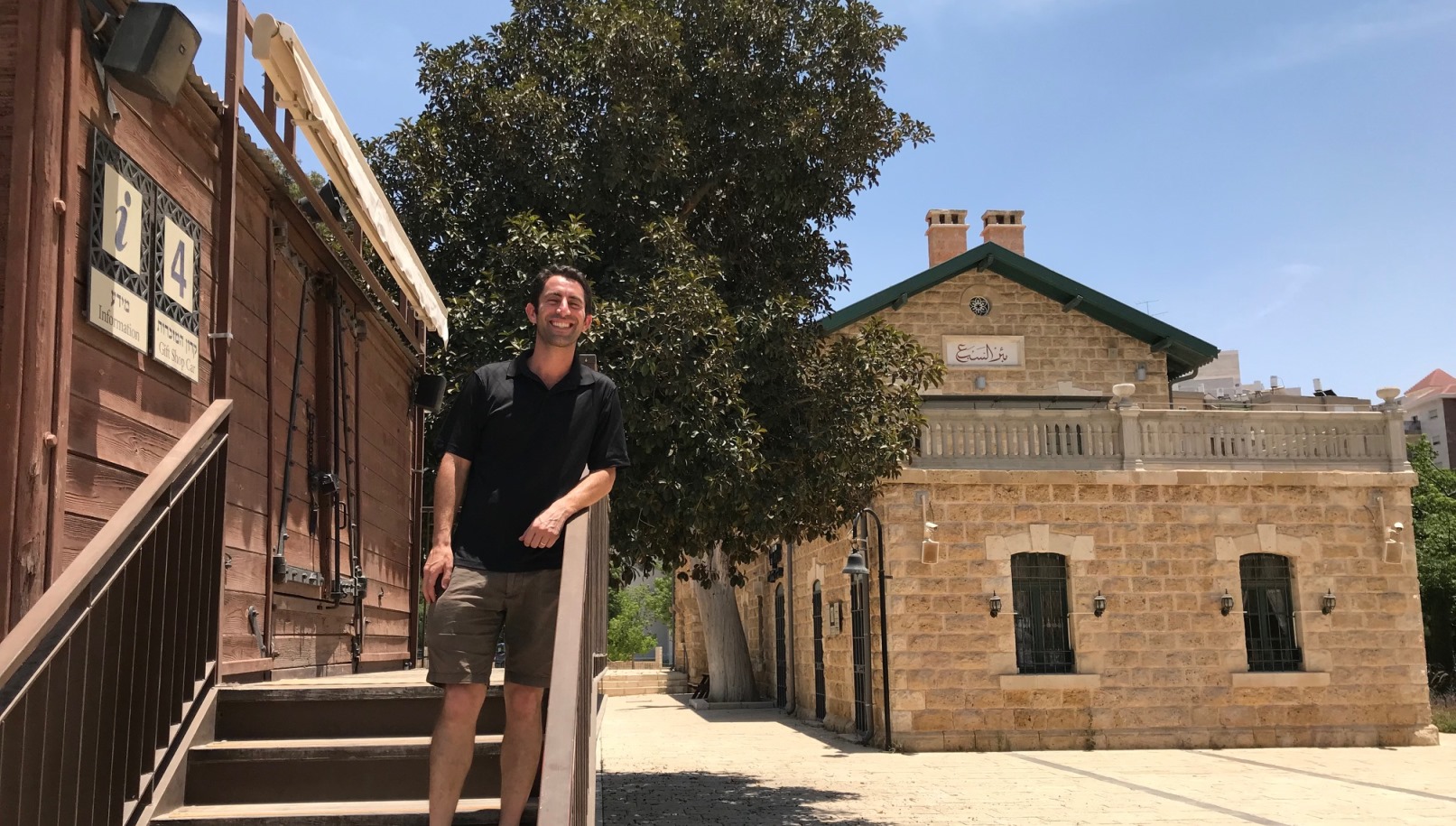
The old Turkish Railway Station, built in 1915 as one of the stops between Cairo and Damascus, has been renovated as a cultural, recreational and entertainment venue.
The stationhouse has been turned into a gallery of Beersheva historical photos and memorabilia. On the grounds are authentic train carriages and an original steam engine waiting to be explored. These trains host periodic activities for the public. Benches and tables provide a pleasant picnic area in the plaza of the station.
- Abraham’s Well International Visitors Center
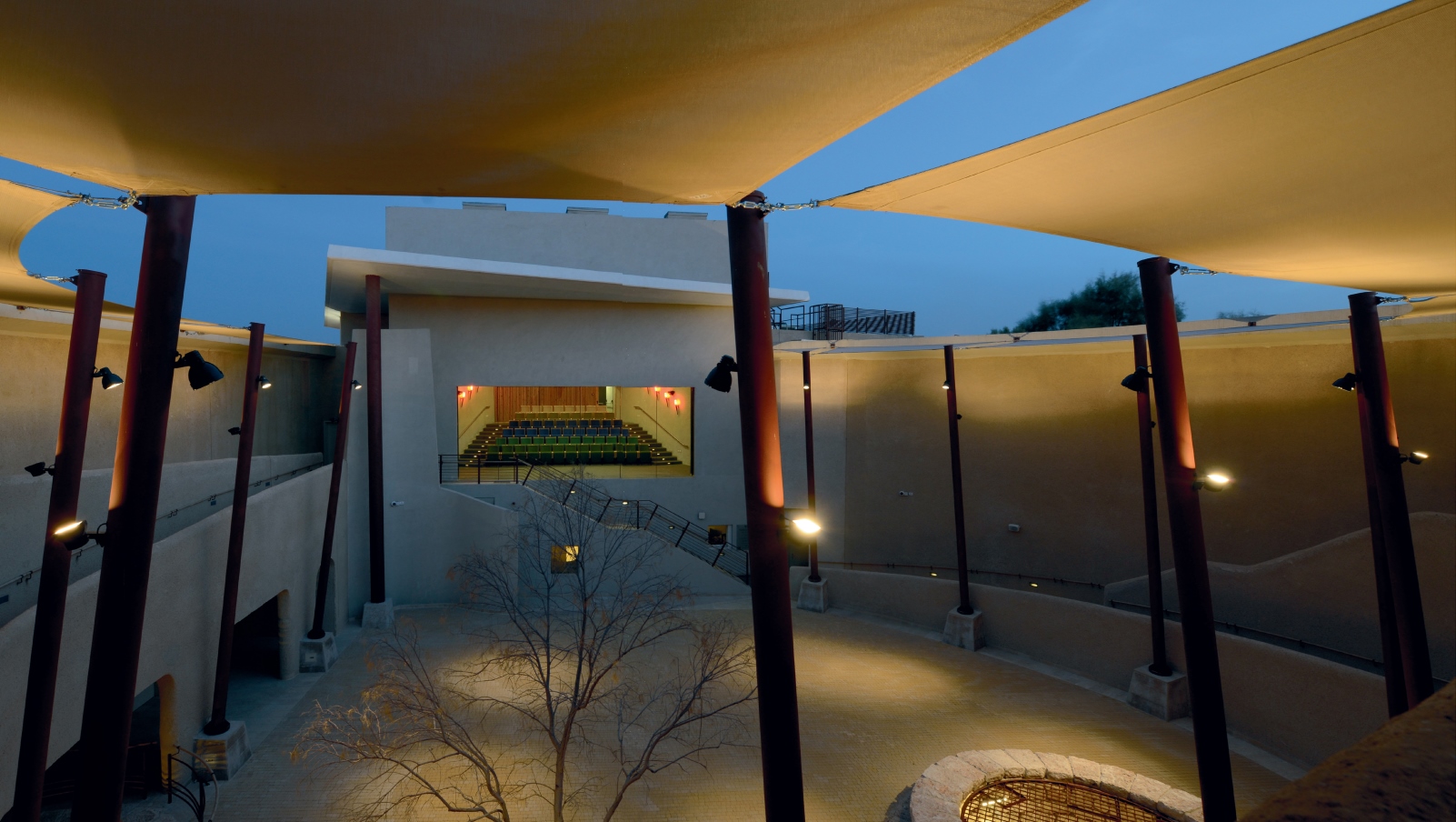
Designed by Israel’s “desert architect” Eliezer Armon (author of If Architecture is a Language, then a Building is a Story), Abraham’s Well is an impressive high-tech tourist site that presents the biblical background of the city of Beersheva through the story of Abraham, forefather of the three monotheistic faiths.
- Outdoor recreation
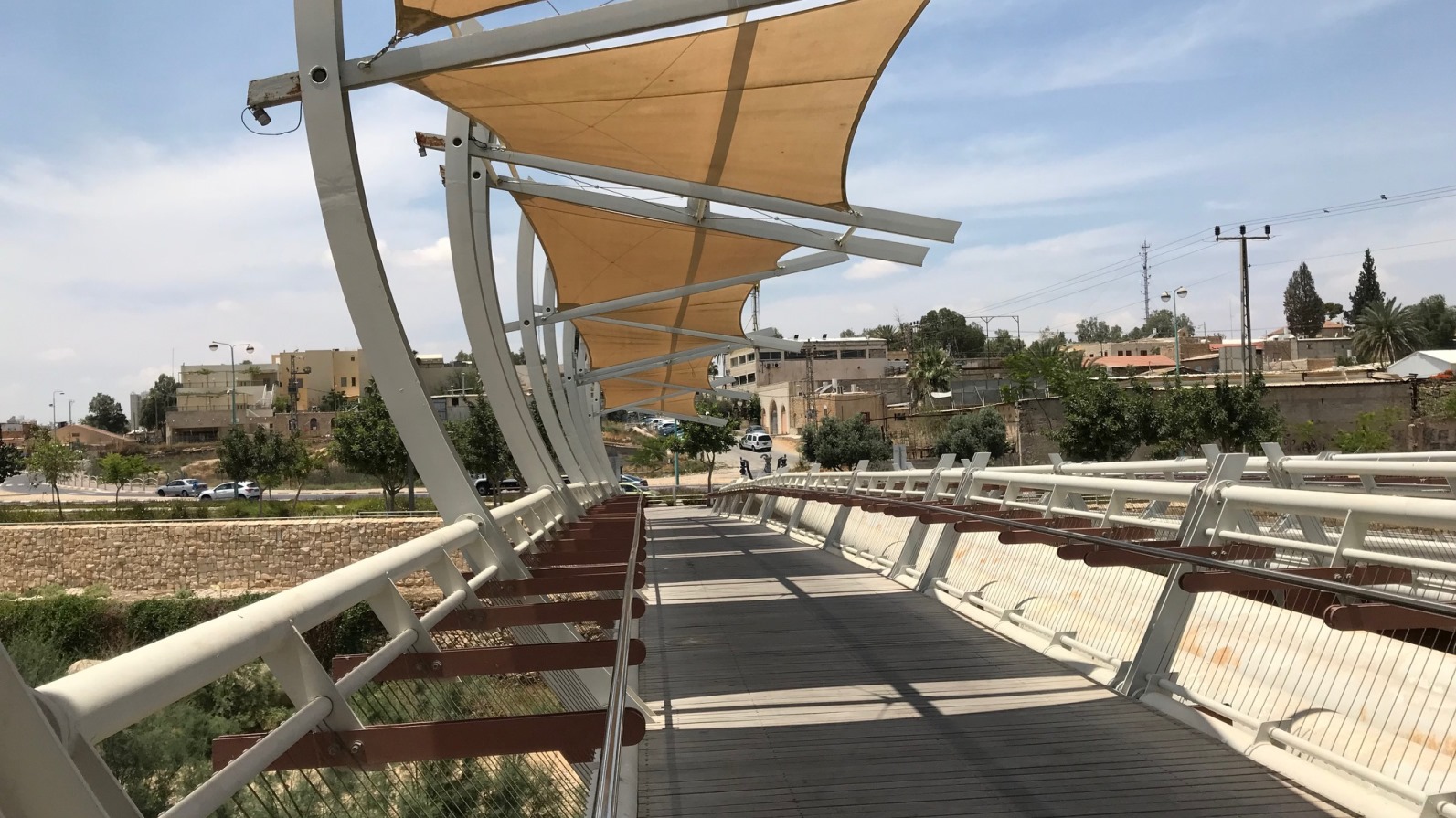
As part of its Blueprint Negev project, JNF-USA is completing the final stages of the 900-acre Beersheva River Park — double the size of New York’s Central Park – on the rehabilitated banks of the Beersheva River.
The park encompasses children’s playgrounds, hiking and biking trails, amphitheater, and in the future a BMX sports area and a paddleboat lake filled with purified wastewater from the river. The pretty new Pipe Bridge for pedestrians and cyclists crosses the riverbed channel.
The award-winning Round Be’er Sheva Trail, Israel’s only urban hiking and biking path, touches residential neighborhoods, business areas and tourist spots such as the Negev Brigade Monument, the Negev Zoo, the Beersheva River and the Beit Eshel historical site, as well as Tel Beer Sheva National Park, a UNESCO World Heritage Site with archeological finds going back to the fourth millennium BCE.
- Great stuff for kids
Lunada Children’s Museum is, in father-of-three Axler’s words, “an amazing museum for kids. You could easily spend the day there.” The experiential, interactive children’s museum spans 4,000 square meters.
Adjacent to Lunada is a new 13.5-acre progressive children’s park including a lake, pirate island, lighthouse, waterfall, bridges and water channels.
Carasso Science Park, housed in a former school for the children of sheiks, includes dozens of interactive indoor and outdoor activities about nuclear energy; microchips; vision and light; hearing and sound; DNA; communications and much more. It’s recommended to order tickets online in advance.




